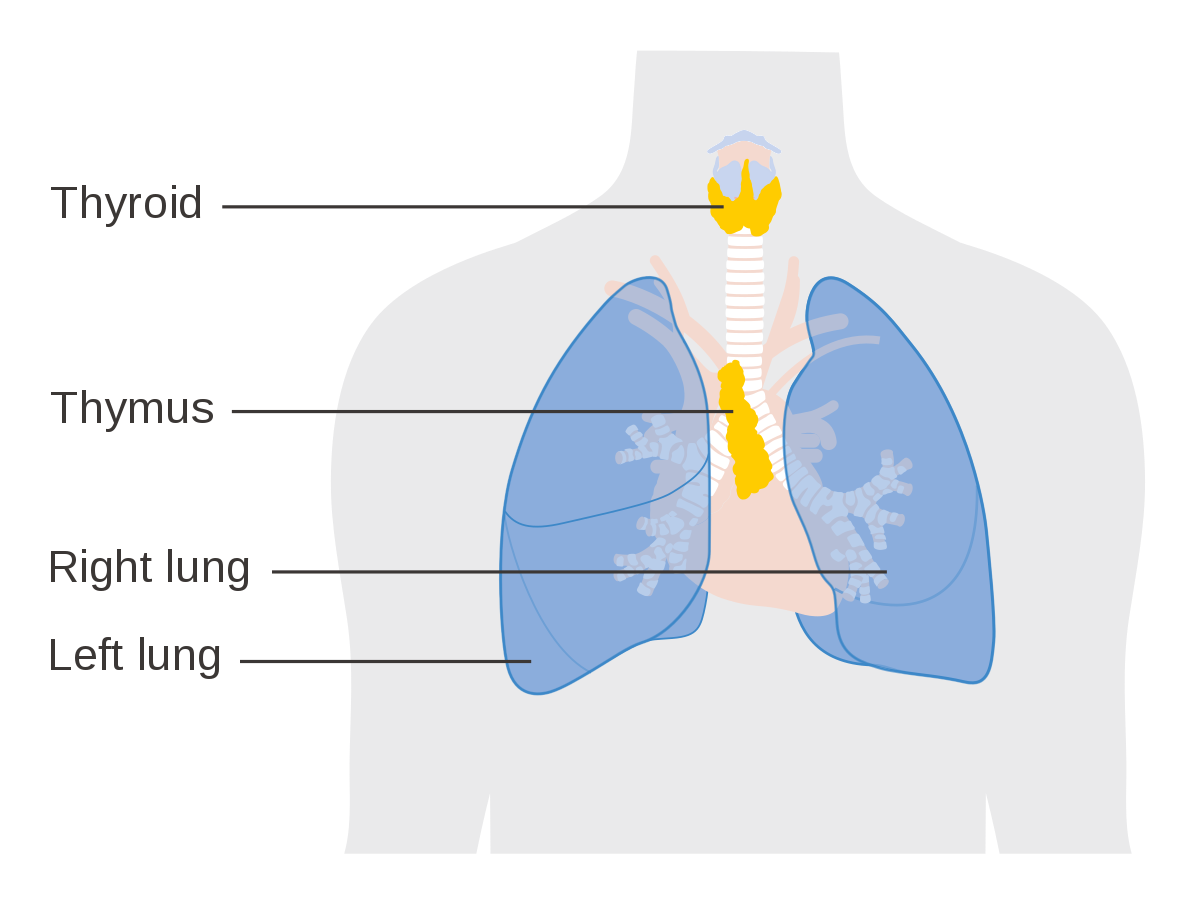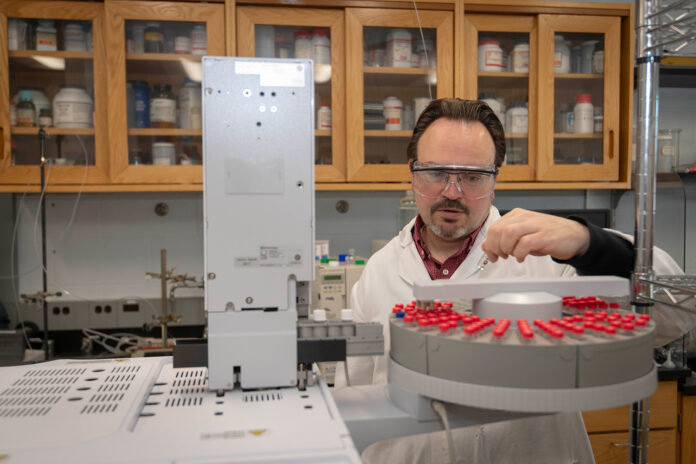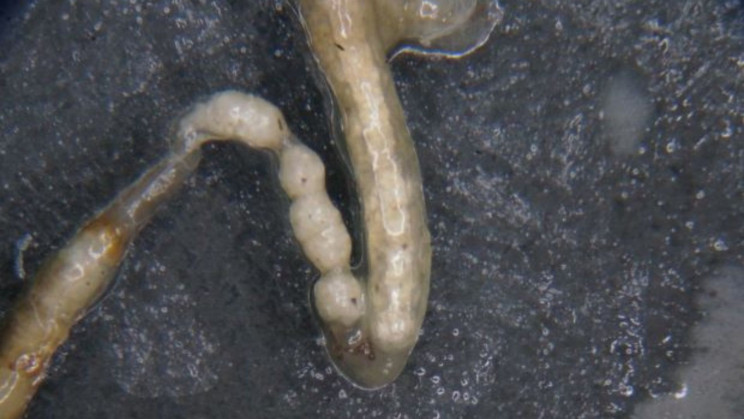Many people don’t know where their thymus is located or what it does. This is because the thymus is a relatively small organ and can be challenging to locate without medical knowledge. It is still not fully understood how the thymus functions in adults.
However, recent Harvard-led research suggests that this walnut-sized organ located in the chest plays a crucial role in maintaining immune health as we age, with a particular emphasis on cancer prevention.
The thymus is a small, bean-shaped organ in the upper chest behind the breastbone. It is part of the lymphatic system and produces T cells, which are essentially white blood cells responsible for the immune system’s defense against infections.
The thymus is most active during childhood and adolescence, producing the majority of T cells. However, as we age, the thymus gradually shrinks and becomes less active, eventually getting replaced by fat by adulthood.
Thymus removal linked to nearly tripled death risk
In the study, researchers compared data from 1,146 adult patients who underwent thymus removal with those who retained their thymus. The findings revealed that patients who had their thymus removed had a significantly higher risk of death, almost three times higher, from various causes. This included a twofold increased risk of cancer and a smaller but noticeable rise in autoimmune diseases.







